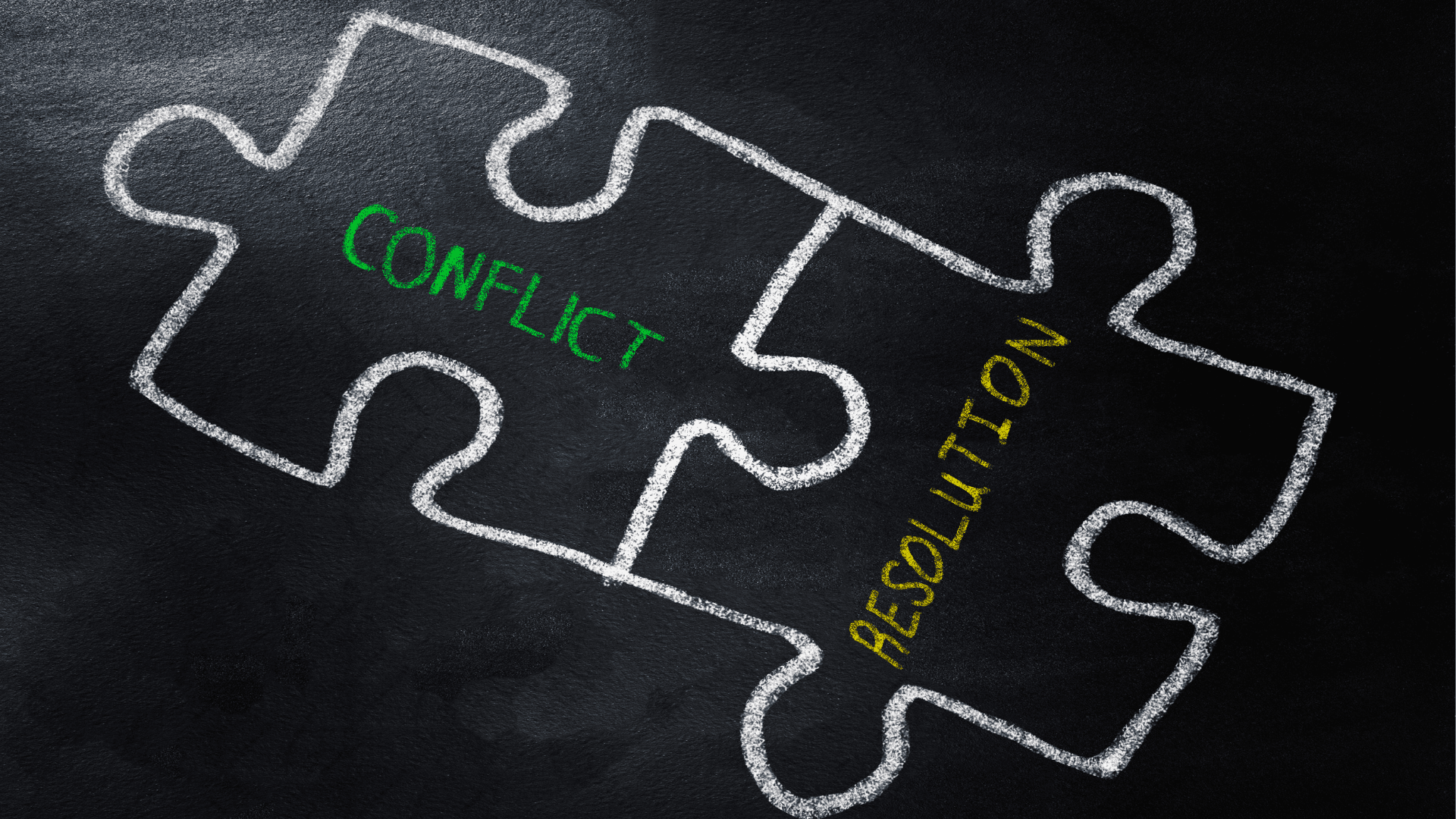The Neuroscientific Foundations of Emotional Intelligence
The field of neuroscience has shed light on the critical role emotional intelligence plays in effective conflict resolution. Emotional intelligence (EI) is the ability to recognize, understand, and manage emotions in oneself and others. Through neuroscience research, we’ve gained insights into how EI skills are rooted in the brain’s neural pathways and activity patterns. By cultivating emotional intelligence, individuals can develop powerful strategies for conflict resolution that draw upon self-awareness, empathy, and emotional regulation. This neuroscientific understanding highlights EI as a vital tool for navigating challenging situations with poise and fostering harmonious relationships.
The amygdala, a key component of the limbic system, plays a crucial role in processing emotions and emotional responses. When faced with potential conflicts, individuals with high emotional intelligence can effectively regulate their amygdala activity, preventing emotional hijacking and enabling a more rational and composed approach. Research has shown that individuals with well-developed EI exhibit increased activity in the prefrontal cortex, which can modulate and regulate the amygdala’s response to emotional stimuli. This allows them to pause, reflect, and respond appropriately to challenging situations, rather than reacting impulsively.
The Prefrontal Cortex: The Executive Control Center
The prefrontal cortex, responsible for decision-making, problem-solving, and emotional regulation, works in tandem with the amygdala. Individuals with well-developed emotional intelligence demonstrate enhanced prefrontal cortex activity, allowing them to pause, reflect, and respond appropriately to challenging situations, rather than reacting impulsively. This interplay between the amygdala and the prefrontal cortex is crucial in preventing conflicts. By regulating emotional responses and promoting rational decision-making, individuals with high emotional intelligence can navigate challenging situations with composure and clarity.
Introduction
In today’s fast-paced world, conflicts are inevitable, whether in personal relationships or professional settings. Imagine a scenario where a team meeting turns heated due to differing opinions on project direction, or a family dinner becomes tense over differing political views. These common situations highlight the importance of mastering conflict resolution. By harnessing emotional intelligence, we can approach conflict resolution with a deeper understanding and more effective strategies. This guide explores the neuroscience behind emotional intelligence and its application in conflict resolution.
Understanding Conflict Resolution
Conflict resolution involves finding a peaceful solution to a disagreement between two or more parties. It is crucial in both personal and professional settings to prevent escalation and maintain harmony.
The Role of Emotional Intelligence in Conflict Resolution
Emotional intelligence (EQ) plays a significant role in conflict resolution. By understanding and managing our emotions, we can navigate conflicts more effectively. Neuroscience shows that higher EQ leads to better conflict resolution outcomes.
Neuroscience Insights
Neuroscience provides valuable insights into how our brains process emotions and conflicts. Understanding these processes can enhance our conflict resolution skills, making us more empathetic and effective communicators.
New Sections
Neuroplasticity: The Brain’s Ability to Adapt
Neuroplasticity refers to the brain’s ability to change and adapt in response to new experiences, learning, and environments. This concept is crucial in understanding how we can improve our conflict resolution skills. Research has shown that our brains are not fixed; they can develop new neural pathways and strengthen existing ones, even in adulthood. Key Points:
- Adaptability: Neuroplasticity allows us to adapt our responses to conflict by learning new strategies and techniques.
- Continuous Learning: Engaging in activities that challenge our cognitive and emotional skills can enhance our brain’s plasticity, making us better equipped to handle conflicts.
- Practical Application: Techniques such as mindfulness, meditation, and cognitive-behavioral exercises can help rewire our brains to respond more calmly and effectively during conflicts.
Why We Get Angry: The Amygdala Hijack
Anger is a common emotional response during conflicts, often driven by the brain’s amygdala. The amygdala is responsible for our ‘fight or flight’ response, perceiving threats and triggering emotional reactions. Key Points:
- Amygdala Hijack: During intense conflicts, the amygdala can override the rational part of our brain (the prefrontal cortex), leading to impulsive and emotional reactions.
- Emotional Triggers: Understanding what triggers our anger can help us manage our responses better. These triggers often stem from past experiences, perceived threats, or unmet needs.
- Managing Anger: Techniques such as deep breathing, pausing before reacting, and practicing empathy can help mitigate the amygdala’s influence and promote more rational responses.
The Pernicious Effects of Allowing Conflict to Germinate
Allowing conflicts to fester without resolution can have detrimental effects on relationships and overall well-being. Unresolved conflicts can lead to increased stress, resentment, and a breakdown in communication. Key Points:
- Stress and Health: Chronic stress from unresolved conflicts can lead to physical health issues, such as high blood pressure, weakened immune system, and mental health problems like anxiety and depression.
- Relationship Breakdown: Persistent conflicts can erode trust and intimacy in personal relationships and hinder collaboration and productivity in professional settings.
- Proactive Resolution: Addressing conflicts early and constructively can prevent these negative outcomes. Techniques such as active listening, empathy, and collaborative problem-solving are essential for effective conflict resolution.
Practical Strategies for Conflict Resolution
- Active Listening: One of the most critical skills in conflict resolution is active listening. It involves fully concentrating, understanding, and responding thoughtfully to what others are saying.
- Empathy: Empathy allows us to see the conflict from the other person’s perspective, which is essential for finding a mutually acceptable solution.
- Effective Communication: Clear and respectful communication is vital in conflict resolution. It helps prevent misunderstandings and fosters a collaborative environment.
- Problem-Solving: Approaching conflicts with a problem-solving mindset can lead to creative and effective resolutions. This involves identifying the root cause of the conflict and working together to find a solution.
Win Win Outcome
By integrating emotional intelligence into our conflict resolution strategies, we can achieve more effective and lasting solutions. Neuroscience provides the tools to understand and manage our emotions better, leading to improved conflict resolution skills. Embrace these strategies to foster a more harmonious and productive environment in all areas of your life.

The Four Pillars of Emotional Intelligence for Conflict Prevention
1. Self-Awareness: The Foundation of Conflict Resolution
Self-awareness, a core component of emotional intelligence, is the ability to recognize and understand one’s own emotions, strengths, weaknesses, and motivations. By cultivating self-awareness, individuals can:
- Identify their emotional triggers and respond proactively, rather than reacting impulsively.
- Understand their communication style and adapt it to different situations, reducing misunderstandings.
- Recognize their biases and assumptions, preventing conflicts rooted in misperceptions.
Self-awareness is the foundation upon which other emotional intelligence skills are built. By developing a deep understanding of their own emotions and behaviors, individuals can better navigate interpersonal interactions and prevent conflicts before they escalate.
2. Empathy: The Key to Understanding Others
Empathy, another essential aspect of EI, involves the ability to understand and share the feelings of others. By developing empathy, individuals can:
- Appreciate diverse perspectives and viewpoints, fostering mutual understanding.
- Communicate with sensitivity and consideration, reducing the likelihood of offending or alienating others.
- Identify and address the emotional needs of others, preventing conflicts before they escalate.
Empathy is a powerful tool for conflict prevention. By understanding and validating others’ emotions and perspectives, individuals can build stronger connections, foster trust, and create an environment where conflicts are less likely to arise.
3. Emotional Regulation: Maintaining Composure
Emotional regulation, the ability to manage and control one’s emotions effectively, is crucial in preventing conflicts. Individuals with strong emotional regulation skills can:
- Remain calm and composed in challenging situations, preventing emotional outbursts or overreactions.
- Express their emotions in a constructive and respectful manner, facilitating open communication.
- Manage stress and anxiety, preventing them from clouding their judgment or exacerbating conflicts.
Emotional regulation is essential for maintaining composure and preventing conflicts from escalating. By managing their emotions effectively, individuals can communicate clearly, listen actively, and find mutually beneficial solutions, even in the most challenging situations.
4. Effective Communication: The Bridge to Conflict Resolution
Effective communication is a cornerstone of conflict resolution. By leveraging emotional intelligence, individuals can:
- Practice active listening, ensuring they fully understand others’ perspectives and concerns.
- Express themselves clearly and assertively, without being aggressive or defensive.
- Recognize and address nonverbal cues, preventing misunderstandings and miscommunications.
Effective communication is the bridge that connects emotional intelligence to conflict resolution. By communicating with empathy, clarity, and emotional awareness, individuals can foster understanding, build trust, and find common ground, even in the most complex situations.
Cultivate Emotional Intelligence in 60 Days
At MindLAB Neuroscience, we understand the profound impact of emotional intelligence on personal and professional relationships. Our neuroscience-based coaching programs are designed to help individuals develop and enhance their emotional intelligence skills, enabling them to navigate conflicts with grace, empathy, and resilience. Through personalized assessments, neuroscience, individualized techniques, and practical exercises, our clients gain a deep understanding of their emotions, learn to regulate them effectively, and cultivate empathy and social skills.
This holistic approach empowers them to build stronger connections, foster trust, and create a harmonious environment where conflicts are prevented or resolved constructively. By harnessing the power of emotional intelligence, you can unlock your full potential, achieve personal growth, and foster meaningful relationships in all aspects of your life. Invest in your emotional well-being and join us on a transformative journey towards emotional mastery.






